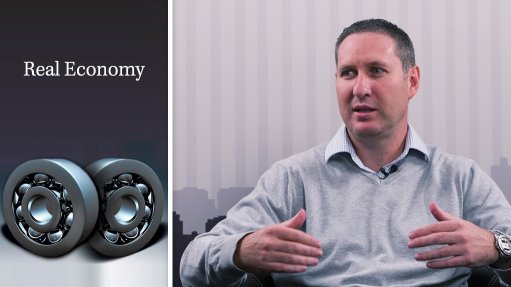
Given the prevailing uncertainty about Eskom’s ability to keep the lights on, it came as something of a relief to hear that the bidding process for the long-awaited ‘baseload coal’ independent power producer (IPP) procurement programme is set to begin shortly and that it will be followed by a bidding process, in early 2015, for cogeneration projects.
It was equally heartening to hear that progress is being made on the Gas Utilisation Master Plan, or Gump, which will guide gas- related infrastructure decisions and open the way for a possible gas-to-power IPP programme.
The bearer of these good tidings is the National Treasury’s senior project adviser, Karen Breytenbach, who has been intimately involved with the IPP office that has overseen the much-praised Renewable Energy Independent Power Producer Procurement Programme (REIPPPP).
Her affirmation that more is to come follows on from Finance Minister Nhlanhla Nene’s Medium-Term Budget Policy Statement address to Parliament in October when he revealed that the IPP programme, which had hitherto focused on renewable energy, would be extended to include 2 500 MW of coal projects and 800 MW of cogeneration.
The REIPPPP has, to date, facilitated the procurement of nearly 4 000 MW of mostly wind and solar projects and stimulated around R120-billion in private-sector investment into the domestic electricity sector.
However, the programme has run into some recent snags, which has delayed financial close for the third bid window projects. The main area of blockage relates to grid connection, which could also have a knock-on effect on the fourth bid-window schedule, as well as the baseload programme.
But Breytenbach reports that the IPP office is working closely with Eskom to understand the connection constraints and that there is now fairly good visibility of the areas that could still be connected. There is a dilemma, however, in communicating these to the market, as it could lead to inflated land-acquisition costs in those areas seen as being prospective for new projects.
Nevertheless, she indicates that government is keen to find a way of sharing the information so as to ensure that IPPs do not bid on projects – baseload or renewables – that have little prospect of being connected to the grid in the short term.
Eskom has confirmed that it is becoming increasingly difficult and expensive to integrate IPP projects, with the easy-to-connect projects having been selected during the first two bid windows under the REIPPPP – Eskom has connected a total of 32 bid window one and two projects with a combined capacity of over 1 600 MW.
The utility will consider ‘self-build’ solutions on a case-by-case basis, but the cost sharing and ownership framework remains vague.
Arguably, this is the most important issue to be resolved in the coming months so that it does not undermine the upcoming bidding processes – processes that are now so crucial to ensuring that new capacity is injected into an electricity environment that is currently weighing down the outlook for economic growth and development.